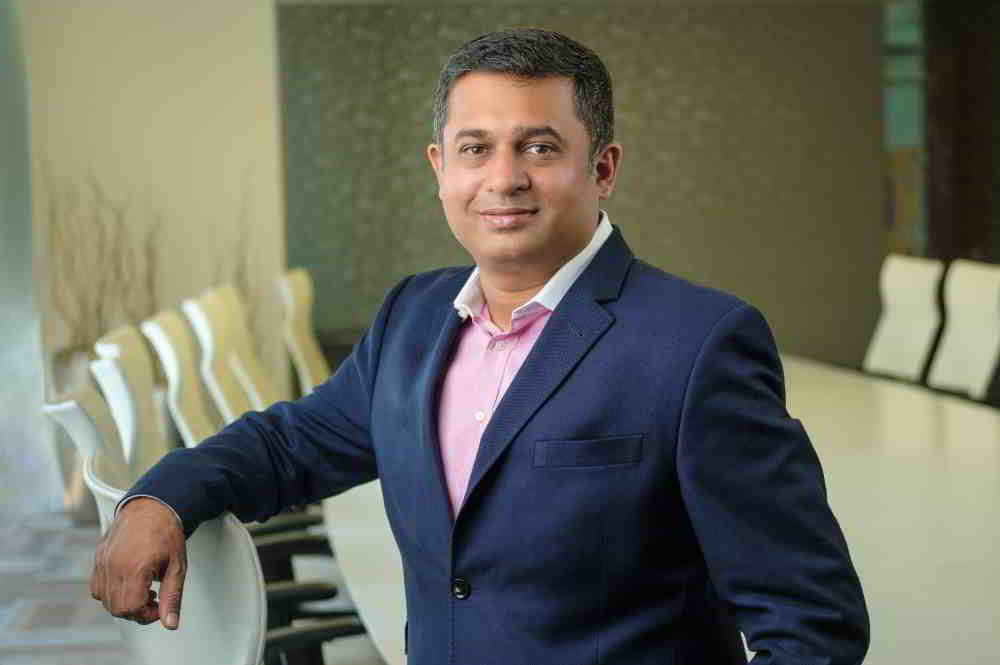Traditionally, data and information systems have been centralized in the enterprise. But with the emergence of a concept called Shadow IT, this is increasingly becoming decentralized; more users are bypassing central IT and helping themselves to apps and deploying infrastructure on the fringes. What could be the fallout of this, and what should organizations do to keep this under control?
Brian Pereira caught up with Partha Iyengar, VP Distinguished Analyst, Gartner on the sidelines of the Gartner Business Intelligence, Analytics & Information Management Summit 2015 in Mumbai to discuss this.
Q. Please give us a gist of what your keynote on 10 June is all about.
A. The keynote is titled “Role of Information in Digital Business.” But it could be amended to say: “there is no digital business without information.” Information is the nervous system of digital business. The whole concept of the keynote is, why is that true and what is the role of analytics in driving digital business.
There are lot of conundrums as you start looking at digital business. In the opening keynote (9 June) we talked about the three dilemmas: centralization vs. decentralization; sharing information vs. protect; uncertainty vs opportunity. So those issues in terms of why is that an imperative and how do you do that — will be one of the key messages (0n 10 June).
There is also this notion that analytics and analytics professionals are empowering and increasing an army of citizen developers, citizen integrators, and citizen innovators to do their own thing. Because, while the data and the architecture around the data and information may be centralized, the use cases will be out in the fringes. Today, it’s more democratized. You create the centralized architecture, the repository etc, but how that’s used is really in the hands of a user who could be anywhere — using some apps — and you have to be able to empower those users in the way that they want to do it.
Editor: Partha Iyengar will deliver the closing keynote at 16:30 on 10 June at the Renaissance Hotel convention center, Powai, Mumbai.
Q.There are some organizations with centralized infrastructure who are now also attempting decentralization. But they are struggling with the governance and administration. Decentralization leads to inconsistent information. So how does one get round these challenges?
A. Governance is a critical aspect. With the power, volume, variety and velocity of data, the data scope has expanded so much, so the governance mechanism has to establish some ground rules and some guard rails in terms of what is an acceptable use of the data or even some quality measures in terms of — you can’t analyze this and come up with some interpretation or decision that the data was never meant to support.
Because you have decentralized the use of a centralized data store, you need to have some level of governance or oversight to ensure that weird decisions are not being made. Statistically, you can make that data look any way you want, but you don’t want people to misuse that data.
Gartner predicts there will be some significant business failures that will emerge, by the inappropriate use of the data in this decentralized model. Which is why governance is very important.
Of course, there could be exceptions to this. In India NIC is a classic example. They have an enterprise app store with all the APIs and security frameworks for all the Indian data. And everyone can access this data. NIC has said it isn’t concerned with what people do with that data and NIC is not the arbiter of any conclusion of what people make from that data. So that’s a rare exception.
The data cleansing part is also obvious. With proliferation of the data, one must ensure that there aren’t multiple versions of the truth. Many companies are struggling with that today. Even something as fundamental as the customer, there may be multiple definitions of what a customer is (a person, enterprise etc).
Q. Gartner says that through 2017, 50 percent of organizations will not have an Information Strategy that addresses the emerging role of the Information Citizen. What’s the fallout of that?
A. The fallout is some of the challenges we have been talking about. If you look at this concept of Information Citizen, it sits within the broader context of what we call Shadow IT. The business is increasingly doing its own IT, either without the knowledge of central IT or they are just a facilitator in the background. We believe shadow IT is good, but there is a rogue element to it, where the users don’t know the extent of trouble they can get into.
For instance, a user downloads an app and its use starts proliferating throughout the department. And if the next upgrade to the app and the data migration are beyond the user’s (knowledge), they throw it across the fence to IT and ask for help.
Going back to the governance and the data cleansing, how do you enforce the fact that you may use the data but don’t pump it back into the central repository. If you don’t have strong control and security mechanisms there, then that could be a dangerous issue as well.








